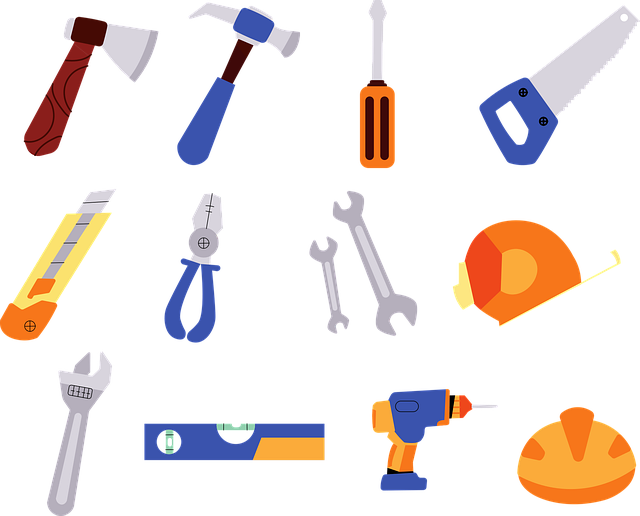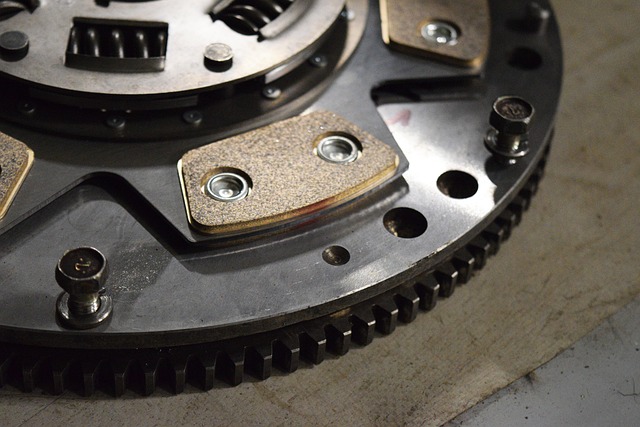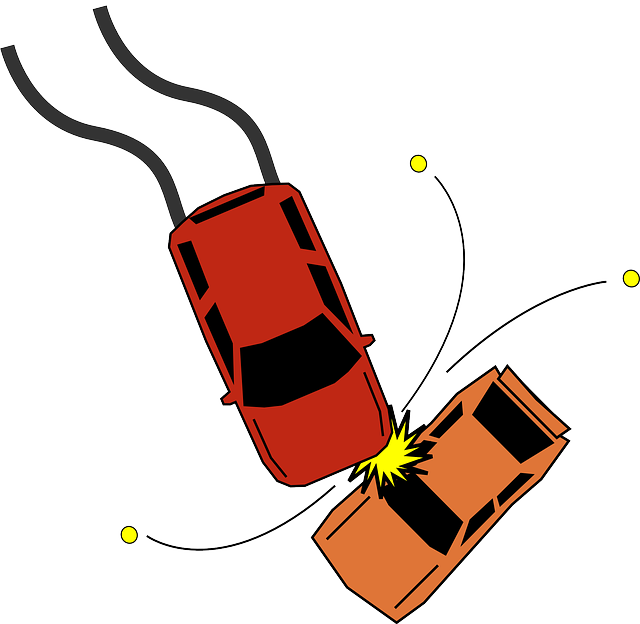Factory-Trained Repair Specialists: Consistent Repairs, Reduced Disputes for Insurers
Factory-trained repair specialists offer unparalleled expertise due to their specialized training by…….
In an era where technology is constantly evolving, the demand for skilled professionals who can handle complex repairs and maintenance has never been higher. Enter factory-trained repair specialists—a dedicated group of experts with specialized knowledge and hands-on experience in repairing and servicing a wide range of products, from automotive and electronics to heavy machinery. This article aims to delve into the world of factory-trained repair specialists, exploring their role, impact, and the various factors shaping their field. By the end, readers will gain a comprehensive understanding of this vital profession and its significance in today’s interconnected global economy.
Factory-trained repair specialists are professionals who have undergone extensive training and education specifically tailored by manufacturers to service and repair their products. This specialized training covers various aspects, including:
The concept of factory-trained repair specialists has evolved over time, mirroring technological advancements and shifting consumer expectations. Historically, manufacturers often relied on in-house teams for product maintenance. However, with globalization and the rise of complex technologies, outsourcing repair services became more common. In the 1980s and 1990s, the term “factory-trained” gained prominence as companies started to collaborate with specialized technicians who could address the growing complexity of products. This evolution led to a standardized approach to training, ensuring that repair specialists across different regions followed consistent protocols.
In today’s world, factory-trained repair specialists play a crucial role in several sectors:
The impact of factory-trained repair specialists is not limited to a single region; it is a global phenomenon. Major manufacturers often have international reach, requiring a consistent level of service across different countries. This has led to the establishment of standardized training programs, ensuring that specialists in one country can provide support in another. For instance, many automotive giants like Toyota and General Motors have worldwide networks of factory-trained technicians, enabling them to offer uniform service standards globally.
Different regions have unique dynamics in terms of demand and availability:
In many cases, the presence of factory-trained specialists contributes significantly to local economies:
The market for factory-trained repair services is dynamic and varies across sectors:
Manufacturers invest heavily in training programs as a strategic decision:
Factory-trained specialists are integral to various economic systems:
Technological advancements have revolutionized the work of factory-trained repair specialists:
These technological innovations have had a profound impact:
The future holds immense potential for technological advancements:
The regulatory landscape for factory-trained repair specialists varies across jurisdictions:
Policies and regulations influence various aspects:
Despite its benefits, the field of factory-trained repair specialists faces several challenges:
Addressing these challenges requires a multi-faceted approach:
Apple has established a robust global repair network, featuring factory-trained technicians who service iPhones, iPads, and Macs. The company emphasizes customer convenience, offering walk-in repairs and mail-in services. With specialized training on Apple products, these technicians ensure consistent quality across different locations. This approach has contributed to Apple’s reputation for excellent after-sales support.
Toyota operates state-of-the-art technical training centers worldwide, providing comprehensive training to its network of factory-trained specialists. These centers offer hands-on experience with the latest Toyota technologies, ensuring technicians stay updated. The result is a consistent level of service, fostering customer trust and loyalty.
Siemens has embraced digital transformation in its repair services, leveraging IoT and AI for predictive maintenance. Factory-trained specialists use specialized software to monitor equipment remotely, predict failures, and schedule proactive repairs. This approach has significantly reduced downtime for industrial customers, enhancing operational efficiency.
The future holds promising growth areas for factory-trained repair specialists:
Several trends are set to shape the industry:
To thrive in the future, specialists should:
Factory-trained repair specialists play a pivotal role in today’s interconnected global economy, ensuring the smooth operation of products across diverse sectors. From historical roots to modern-day advancements, their significance has only grown with time. As technology continues to evolve, these professionals will remain indispensable, shaping the future of product service and maintenance. By addressing challenges, embracing innovations, and staying aligned with industry trends, factory-trained repair specialists can continue to deliver exceptional service, drive economic growth, and contribute to a more connected world.
Q: What qualifications do I need to become a factory-trained repair specialist?
A: The requirements vary by manufacturer and country. Typically, a high school diploma or equivalent is needed, along with relevant technical training, certifications, and hands-on experience. Some positions may also require an associate’s degree or vocational certification in a specific field.
Q: How do I get started in this career?
A: Start by researching manufacturers in your desired field and looking for trainee opportunities or apprenticeship programs. Many companies offer formal training, so stay updated on their recruitment drives. Networking with professionals in the industry can also open doors to valuable insights and potential job prospects.
Q: What are some common skills required for this role?
A: Essential skills include technical proficiency, problem-solving abilities, attention to detail, communication skills, and a willingness to learn new technologies. Interpersonal skills are crucial for effective customer interaction and collaboration with colleagues.
Q: Can you tell me about the career prospects in this field?
A: The job outlook for factory-trained repair specialists is generally positive, driven by increasing demand across sectors. Experienced specialists can advance into supervisory roles, training positions, or even become independent consultants. With specialized knowledge, there are also opportunities in product development and quality assurance.
Q: How does technology impact the work environment for these specialists?
A: Technology has revolutionized the role, offering digital tools for efficiency, advanced training simulations, and remote support capabilities. It presents both challenges and opportunities, requiring specialists to stay digitally literate while enabling them to provide innovative solutions.

Factory-trained repair specialists offer unparalleled expertise due to their specialized training by…….

Factory-trained repair specialists are crucial in maintaining automotive safety standards through ri…….

Factory-trained repair specialists are automotive experts with specialized knowledge in modern mater…….

In the burgeoning electric car market, factory-trained repair specialists are vital. With in-depth k…….

Factory-trained repair specialists are crucial for complex manufacturing environments, offering expe…….

Factory-trained repair specialists are key to maintaining high quality standards in the automotive i…….

Factory-trained repair specialists are key to high-quality automotive repairs, offering expert knowl…….